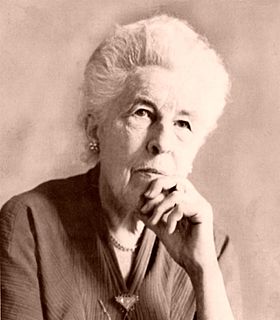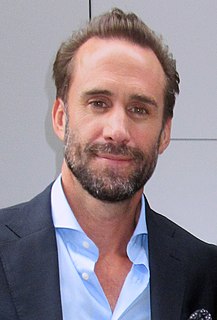A Quote by Richard P. Feynman
People may come along and argue philosophically that they like one better than another; but we have learned from much experience that all philosophical intuitions about what nature is going to do fail.
Related Quotes
If idioms are more to be born than to be selected, then the things of life and human nature that a man has grown up with--(not that one man's experience is better than another's, but that it is 'his.')--may give him something better in his substance and manner than an over-long period of superimposed idiomatic education which quite likely doesn't fit his constitution. My father used to say, 'If a poet knows more about a horse than he does about heaven, he might better stick to the horse, and some day the horse may carry him into heaven'
The concept of intuition is more often used in philosophical theorizing than is the concept of observation in scientific theorizing (proportionately). One reason is that there is (proportionately) more ostensible conflict of philosophical intuitions than there is ostensible conflict of scientific observations. So much for the use of a concept of intuition in philosophical theorizing.
What is the good of words if they aren't important enough to quarrel over? Why do we choose one word more than another if there isn't any difference between them? If you called a woman a chimpanzee instead of an angel, wouldn't there be a quarrel about a word? If you're not going to argue about words, what are you going to argue about? Are you going to convey your meaning to me by moving your ears? The Church and the heresies always used to fight about words, because they are the only thing worth fighting about.
Folks, folks, we want to end Obamacare, we want to go to a plan that's so much better and so much less expensive, right? We want to have borders and we want people to come into our country. We welcome people, but they have to come in through a legal process. So, we're going to have a wall, but it's going to have a big, beautiful door and people are going to come into America, but they're going to come in legally.
To experience poetry is to see over and above reality. It is to discover that which is beyond the physical, to experience another life and another level of feeling. It is to wonder about the world, to understand the nature of people and, most importantly, to be shared with another, old or young, known or unknown.




































